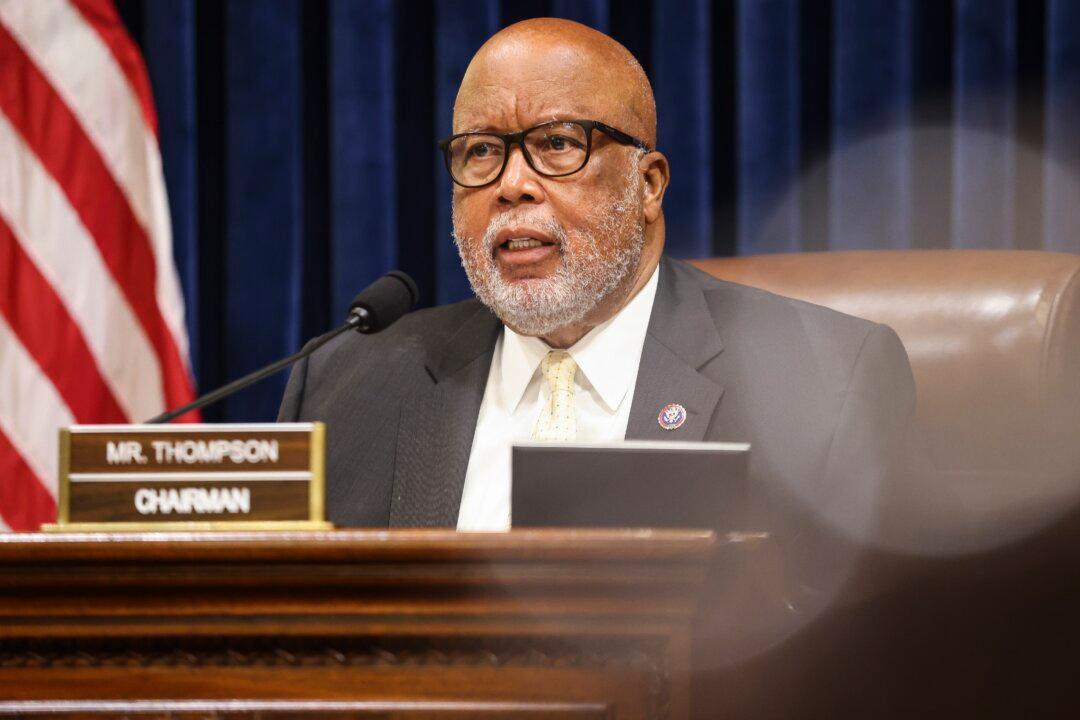The House of Representatives panel formed to investigate the Jan. 6 U.S. Capitol breach has issued its first subpoenas for four members of former President Donald Trump’s administration, the panel’s chairman said on Thursday.
Committee Chairman Rep. Bennie Thompson (D-Miss.) said in a statement that the panel, which received no backing by members of Republican House leadership, has issued a round of subpoenas for documents and testimony to former White House Chief of Staff Mark Meadows, former White House Deputy Chief of Staff for Communications Daniel Scavino, former Defense Department official Kashyap Patel, and former Trump adviser Stephen Bannon.





